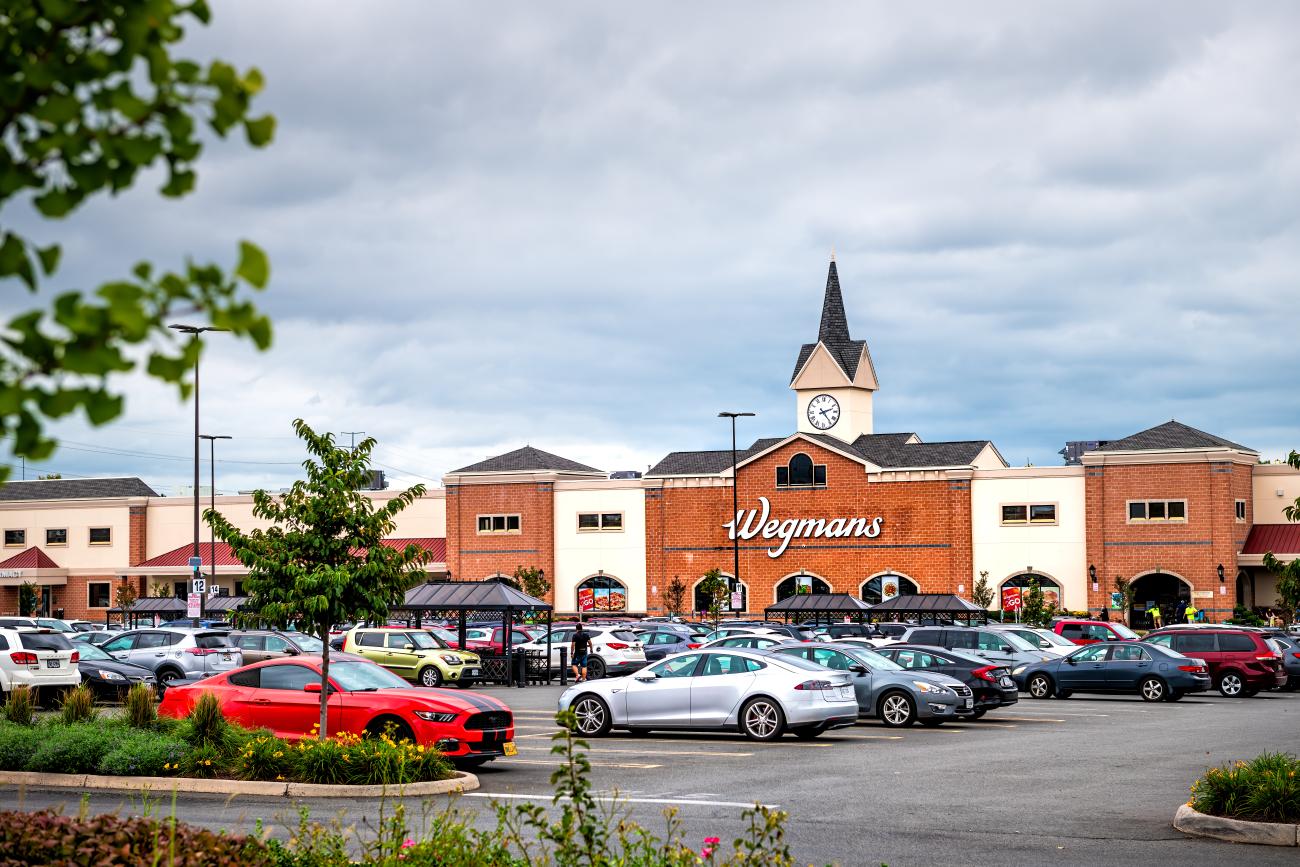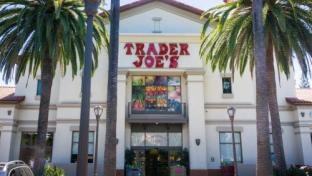THE FRIDAY 5: Wegmans Shutting Down During Solar Eclipse; Lidl Goes Its Own Way
Welcome to The Friday 5, Progressive Grocer’s weekly roundup of the top news and trends in the food retail industry. Each Friday, we’ll take a look at the stories that are most important to our readers and also keep tabs on the trends that are poised to impact grocers.
1. Wegmans Gets Into the Eclipse Frenzy
Many parts of the United States have caught solar eclipse fever, and PG readers were interested in the fact that Wegmans Food Markets Inc. is not immune. The grocer will temporarily shut down 48 of its upstate New York stores that are located in the path of the total solar eclipse on April 8. The 48 stores will close for 30 minutes, between 3 p.m. and 3:30 p.m. ET so the company’s associates can witness the once-in-a-lifetime occurrence.
During that time, all store services, including pharmacy, grocery, and Meals2Go pickup and delivery, will be unavailable. The stores to be temporarily shut down include locations in Rochester, Buffalo, Finger Lakes, Southern Tier, Syracuse and Erie.
Readers were also interested in the recent opening of the regional grocer’s 19th store in Pennsylvania on March 20. The new Yardley location is Wegmans’ 111th store overall, and PG shared a look inside the new build.
2. A New Direction for Lidl
Limited-assortment store chain Lidl has been in the United States since 2017, but it was somewhat of a bumpy ride until the company eventually hit its stride in this country. Now, with a new leader at the helm, the European company is ready to unveil an experience more tailored to the U.S. consumer.
Readers flocked to PG’s exclusive interview with Lidl US CEO Joel Rampoldt, during which the executive shared what attracted him to Lidl US, the new approach he’s taking and the team he’s put in place. Part two of the conversation delves into what customers can expect in the aisles and beyond, as well as lessons that Rampoldt has learned from customers and associates that he’s applying to shape his strategy.
3. FTC Released Unfavorable Report About COVID-Era Grocery Operations
The Federal Trade Commission (FTC) issued a report on the causes behind grocery supply chain disruptions resulting from the COVID-19 pandemic, and also examined how supply chain disruptions affected competition among retailers, wholesalers and producers, as well as the impacts on consumers and businesses. The report accuses large market participants of accelerating and distorting the negative effects associated with supply chain disruptions.
The report found that the pandemic also prompted some larger firms to consider buying manufacturing suppliers to reduce their exposure to concentrated markets. Additionally, the FTC accuses some in the grocery retail industry of still using rising costs as an opportunity to further raise prices to increase their profits.
The report, albeit retroactive, echoes the pressure President Biden has recently put on large grocery chains to slash food prices for American consumers, as he accused the stores of reaping excess profits and scamming shoppers.
4. Trader Joe’s Goes Small, But Stirs Controversy
Readers were interested in the saga that has continued to beleaguer Trader Joe’s and its former Wine Shop in New York City’s Union Square neighborhood. News broke this week that the retailer transformed the shop, which closed abruptly in 2022, into a grab-and-go market dubbed Pronto. That format marks a one-of-a-kind extension of Trader Joe’s store in Union Square that allows the grocer to carry more of the products its customers in the neighborhood purchase daily, such as grab-and-go meals. A spokesperson confirmed that the company does not have plans to open additional Trader Joe's Pronto markets in New York or elsewhere in the country.
When the Trader Joe's wine shop initially closed, the United Food and Commercial Workers International Union (UFCW), which represents 1.2 million workers in grocery stores, meatpacking plants and other industries across North America, alleged that the closure was in response to employees’ organizing efforts there. The union accused Trader Joe’s of “engaging in an illegal union-busting technique that has been utilized by other national corporations facing organizing campaigns of their own, like Starbucks and Amazon.”
With the new market opening, the NYC Trader Joe’s Wine Shop Organizing Committee released a statement saying that “Trader Joe’s decision to open a new store in place of its former wine shop, after displacing its former staff without warning, is a giant slap in the face. We are disappointed, but not surprised, to learn that the space has been filled before reopening our shop. While management claims to be searching for a new location to move its successful wine store, they’ve been content to let its former location lay empty for almost two years as an alleged cost-saving measure.”
5. BJ’s Continues to Go Big
One of Sam’s Club and Costco Wholesale’s biggest competitors is on the move across the country. BJ’s Wholesale Club is making good on its previously announced plans to open 12 new locations in fiscal year 2024. The company has shared the five latest stores coming to its footprint, building on its already aggressive expansion plans. Newly announced locations include Maryville, Tenn.; Myrtle Beach, S.C.; Palm Coast and West Palm Beach, Fla.; and Carmel, Ind.
According to Bill Werner, BJ’s EVP, strategy and development, the company’s real estate pipeline is the strongest it’s been in 20 years. BJ’s experienced a strong Q4 and fiscal year 2023, mostly driven by increases in comps, membership fee income and digitally enabled comparable sales growth.








